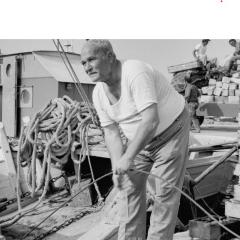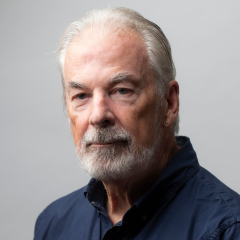UQ PhD student Lorraine Cherney has had her work into gambling regulation and policy recognised at a national conference held in Brisbane last month.
Ms Cherney’s research was awarded the best student paper at the 28th Annual National Association of Gambling Studies Conference, and drew on her research into the regulation of electronic gaming machines (EGMs, the pokies) since their introduction to Queensland in 1992.
One of the major findings from Ms Cherney’s research was that over time, the regulations of EGMs in Queensland had been influenced by broader political factors and processes rather than based on evidence of good regulatory policy.
“Gambling is a significant area of concern. However, the majority of research in this area is conducted through the lens of psychology and focuses on problem gambling,” Ms Cherney said.
“One major gap in the existing research that my PhD addresses is the regulation of gambling and policy solutions to gambling products.”
These research findings have broader benefits in relation to identifying how EGMs can be more effectively regulated.
Ms Cherney has worked in gambling regulation, policy and research in Queensland and the ACT for the past 15 years.
Most recently, she utilised her research to assist Indooroopilly community members in a submission to the gambling regulator to stop the installation of gaming machines at a hotel attached to the Indooroopilly Shopping Centre.
She researched and drafted guidelines for local residents on how they should best lodge submissions based on the government’s guidelines, which demonstrated the site was a highly inappropriate location for gaming machines.
She was also invited to speak at two ‘town hall’ style meetings at the Indooroopilly Uniting Church along with local member of Maiwair, Michael Berkman MP.
This process demonstrated the significance of Ms Cherney’s research, which showed that regulatory and policy changes were actually having a negative impact in her local community and the ability of residents to have input into the approval process for gaming machines.
“Where once upon a time community input was not only sought and valued in this type of decision making, the ability of community members to have a say had been restricted.
“This was an area where I knew my research and knowledge skills could make a difference,” she said.
Ms Cherney plans on completing her PhD in 2019 and hopes that the outcomes of her research will provide further benefits to policy-makers and the Queensland community.
This is the second, ‘best paper’ award Ms Cherney has won this year. In January, she won best paper at the Public Policy Network Conference in Perth. Her most recent award has provided her with AUD$5,000 to attend a major international conference to present her research.



